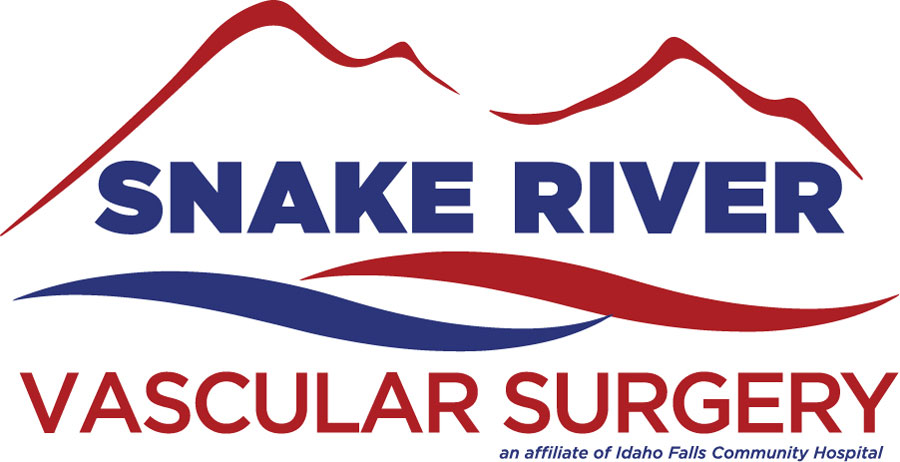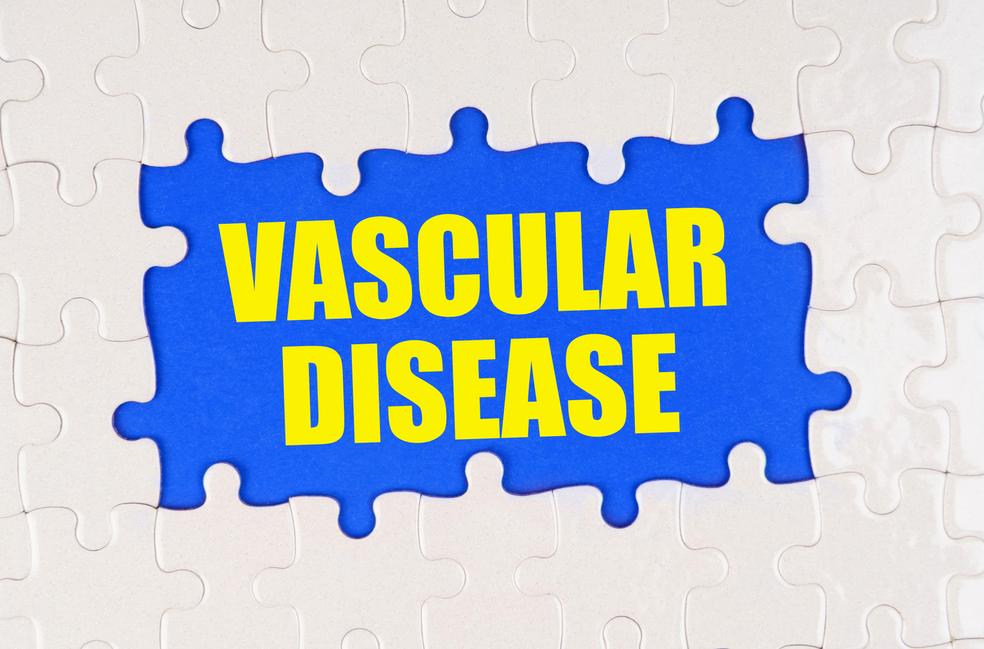September brings attention to one of the major causes of disability and death. Vascular disease and its associated conditions such as peripheral artery disease, chronic venous insufficiency, stroke, aneurysms, blood clots, pulmonary embolisms, and varicose veins are all major and growing health concerns.
Vascular disease is any abnormal condition within the extensive network of the arteries and veins in the body. Certain conditions such as obesity and type II diabetes contribute to further risks and complications as does smoking. But, everyone is at risk and as the population ages, vascular diseases are becoming epidemic.
Why do my legs hurt?
Peripheral artery disease (PAD) is a condition that leads to narrowing and hardening of the arteries that supply blood to the legs and feet, resulting in decreased blood flow, which can injure the nerves and other tissues. Just as a Heart Attack causes chest pain, the symptoms of PAD cause leg pain. PAD is estimated to affect over eight million people. Both surgery and minimally invasive techniques with small catheters are able to open up flow past the blockages.
Why do I have bulging veins in my legs?
Chronic venous insufficiency and varicose veins happen when the veins in the legs do not return blood to the heart and upper body properly. The veins work toward keeping blood flowing back toward the heart and valves within the veins help to stop the blood from flowing back down to the lower extremities. This is more common than heart attacks and strokes combined. The main treatment involves treating the worn-out veins with a small catheter and laser.
Is knowing about aneurysms important?
Aneurysms are dilations of any blood vessel in the body. These are most common in the abdominal aorta. Over 120,000 procedures are done yearly to prevent rupture of aneurysms. The main treatment is a stent placed in the aorta of the abdomen.
Am I at risk of having a stroke?
Carotid artery narrowing of the neck is one of the key preventable causes of a stroke. Stroke causes over 40 million disabilities a year. In 2015, the cost of stroke in the United States was over $45 billion. Both the open surgical cleaning out of the artery and placement of the stent have great results and usually an overnight stay in the hospital.
What are the dangerous blood clots?
A blood clot is a clump of blood that has turned into a solid state. When a blood clot forms in a deep vein inside the leg, it is known as deep vein thrombosis or DVT. These kinds of clots typically form in the leg but can also develop in other areas of the body.
Although blood clots most often originate in the legs, they can travel up through the heart and create a blockage in the pulmonary artery that supplies blood to the lungs. This is known as a pulmonary embolism or PE, a serious and sometimes fatal complication when left untreated. People with varicose veins are five times more likely to develop deep vein thrombosis.
Dehydration, trauma to a blood vessel wall (for example after a bone fracture, surgery, or immobilization), or impaired circulation caused by sitting in a cramped position for a prolonged period of time (like during travel) provide further risks. It has been estimated that about 85 percent of those who experience DVT problems from air travel are athletes and over 80 percent are under the age of 60.
Other risks may include certain medications such as birth control pills or hormone replacement therapy, genetic or acquired clotting disorders, congenital vein abnormality, and family history of clotting.
Can I get screened for Vascular Disease?
YES. Four vascular ultrasound tests combined into one limited evaluation can look for PAD, Carotid disease, Aortic Aneurysm, and venous insufficiency. If this detects abnormalities, then a formal ultrasound and consultation can be scheduled.

